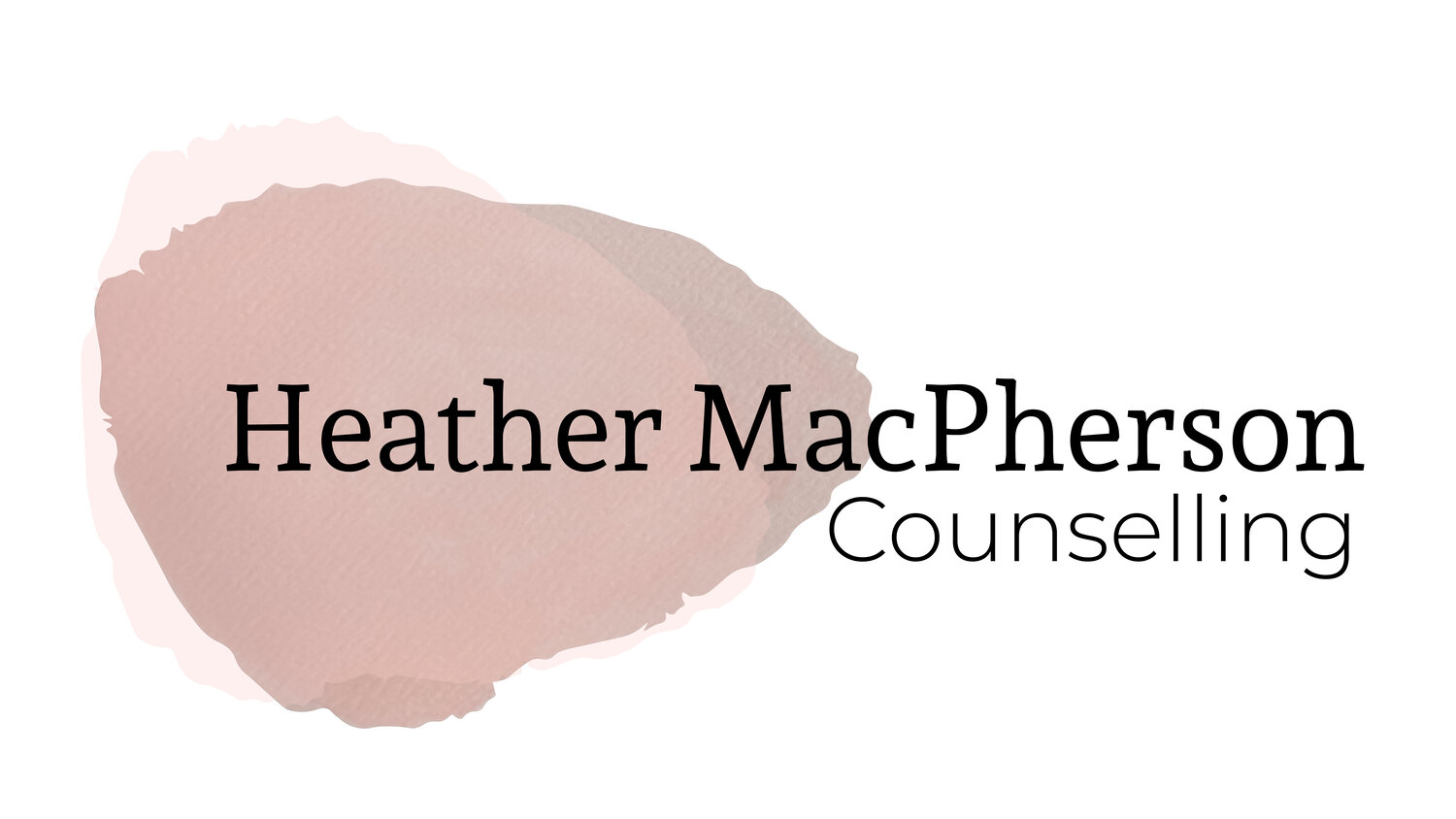
OCD Therapy in BC (ERP, ACT, and EMDR)
Obsessive compulsive tendencies can feel like they are taking over our lives. While similar in origin and in treatment, OCD presents itself in ways or themes that are too numerous to name here. Some individuals feel the need to perform certain actions (handwashing, checking things, walking a certain way, pulling out hair etc.) to alleviate anxiety or other uncomfortable feelings/emotions. Others have a difficult time stopping racing thoughts and may perseverate over and over about certain subjects, worries, anxieties or ideas. Others may see images that scare them or have persistent fears of harm. Still others may focus on somatic experiences, not being able to stop themselves from being upset by noticing every blink or breath. Most often, people perform a compulsion (action) to (temporarily) reduce anxiety related to an OCD trigger or obsession. No matter that subcategory of OCD, the treatment is often similar. To relieve initial anxiety – don’t worry! You are NOT the only one and I am very very likely to know what can help to treat your specific kind of OCD.
In the context of a safe, respectful, and compassionate therapeutic relationship, I work with clients to explore avenues that can be helpful in overcoming OCD. Learning new ways of thinking (CBT) combined with exposure-response prevention (ERP), whereby an individual is exposed to a (slight) trigger, but refrains from performing the compulsion in a safe and supportive environment is often a very helpful approach to treating OCD. These approaches are often combined with Acceptance and Commitment Therapy (ACT) which help us defuse (detangle) from unhelpful thoughts. Sometimes therapy can be greatly augmented by certain medications that have been shown to reduce the number and intensity of thoughts/obsessions. A combination of what works best for each client can result in OCD being treated relatively more quickly than other difficulties.
OCD Subtypes
Contamination OCD
Characterized by intense fear of germs, dirt, or illness. Individuals may engage in excessive cleaning or handwashing. ERP (Exposure and Response Prevention) and counselling help reduce compulsive behaviors and anxiety.
Checking OCD
Involves repetitive checking behaviors, such as verifying locks, appliances, or safety measures. Counselling and ERP, and ACT therapy support clients in managing urges and regaining control over daily routines.
Intrusive Thoughts
Distressing, unwanted thoughts that may be violent, sexual, or taboo. Therapy focuses on managing anxiety, reducing mental rituals, and improving coping strategies.
Symmetry & Ordering OCD
Compulsions related to arranging, ordering, or aligning objects “just right.” ERP, ACT and counselling help address perfectionism and reduce compulsive behaviors.
Hoarding OCD
Difficulty discarding items, leading to clutter and distress. OCD therapy and supportive counselling assist with gradual decluttering and improving daily functioning.
Harm OCD
Distressing thoughts about causing harm to oneself or others. Therapy focuses on managing anxiety, reducing mental rituals, and building coping strategies.
Relationship OCD (ROCD)
Persistent doubts about relationships or feelings toward a partner. ERP and counselling help reduce compulsive checking, reassurance-seeking, and relationship anxiety.
Pedophilia OCD (POCD)
Intrusive, unwanted sexual thoughts about children. ERP and counselling provide safe, confidential support. .
Symmetry & Ordering OCD
Compulsions related to arranging, ordering, or aligning objects “just right.” ERP and counselling help address perfectionism and reduce compulsive behaviors
Hoarding OCD
Difficulty discarding items, leading to clutter and distress. OCD therapy and supportive counselling assist with gradual decluttering and improving daily functioning.
Mental Rituals / Pure O OCD
Repetitive mental actions such as counting, praying, or reviewing thoughts to reduce anxiety. Therapy focuses on ERP and cognitive strategies.
Sexual Orientation OCD (SO-OCD)
Persistent doubts or fears about one’s sexual orientation. ERP and counselling help reduce compulsive rumination and anxiety.
Health Concern OCD
Excessive worry about physical health, often checking symptoms repeatedly. ERP and counselling support clients in managing health anxiety and reducing compulsive checking.
Scrupulosity
OCD focused on religion, morality, or ethical fears. Clients may engage in excessive prayers, confession, or moral checking. ERP and counselling help reduce compulsions and anxiety.
Postpartum OCD
Intrusive thoughts or compulsions related to caring for a newborn. Therapy includes ERP and counselling to manage anxiety and restore confidence in parenting.
Sensorimotor / Somatic OCD
Focused on bodily sensations or movements, leading to repetitive checking or rituals. ERP and counselling help clients manage discomfort and reduce compulsions.
Existential / Philosophical OCD
Obsessions about meaning, reality, or existence, often causing deep anxiety and mental rituals. Therapy emphasizes ERP, cognitive strategies, and mindfulness.
Other / Mixed OCD Subtypes
Some clients experience mixed or less common subtypes. Tailored ERP, ACT, sometimes EMDR, and counselling approaches ensure treatment is personalized.
Other Subtypes
Some individuals experience mixed or less common OCD subtypes. Tailored ERP, ACT, EMDR, and counselling approaches ensure treatment is personalized to each client’s needs. Services offered near Mission, Agassiz, Chilliwack, in Harrison Mills, and online throughout BC.
